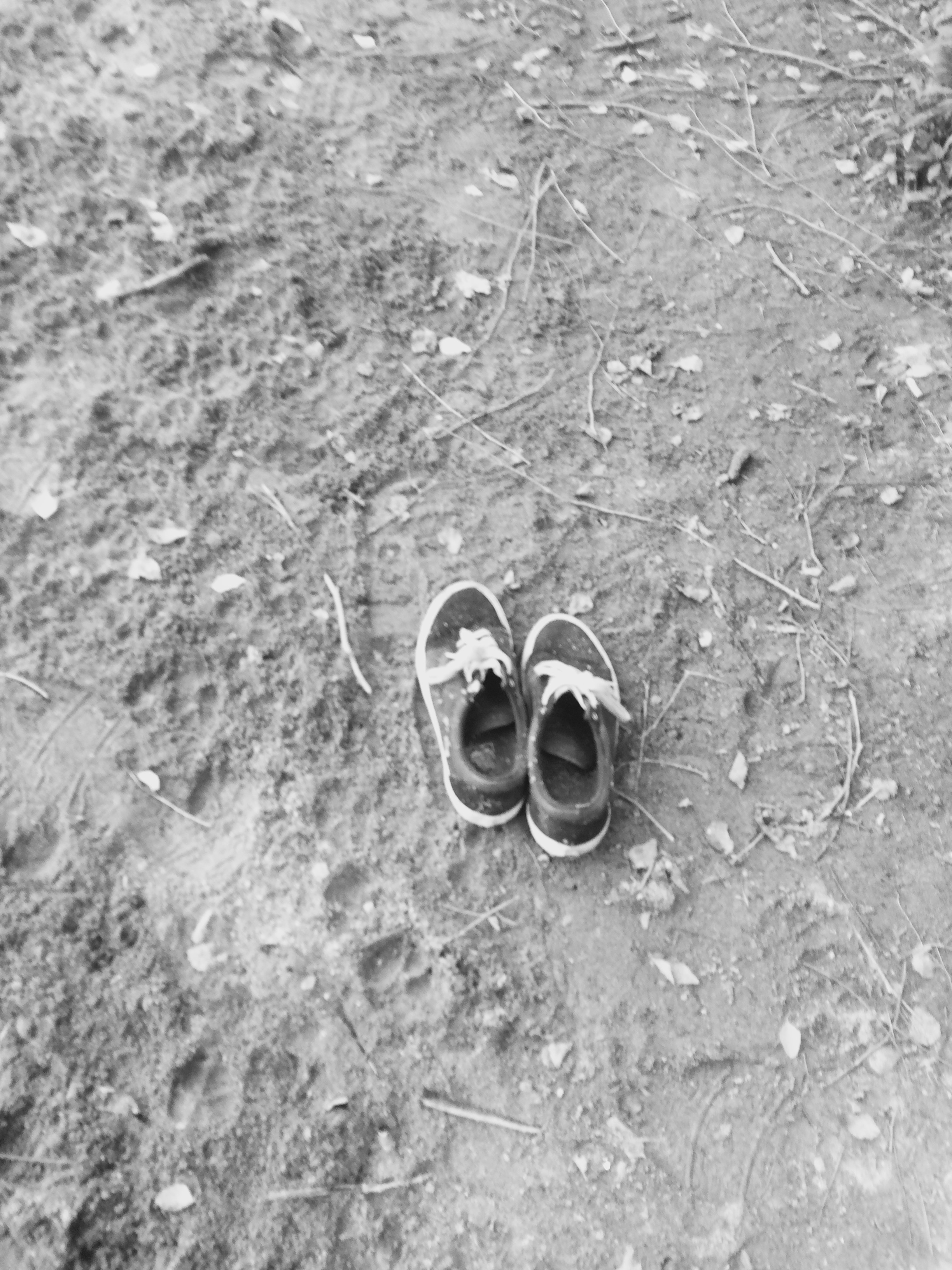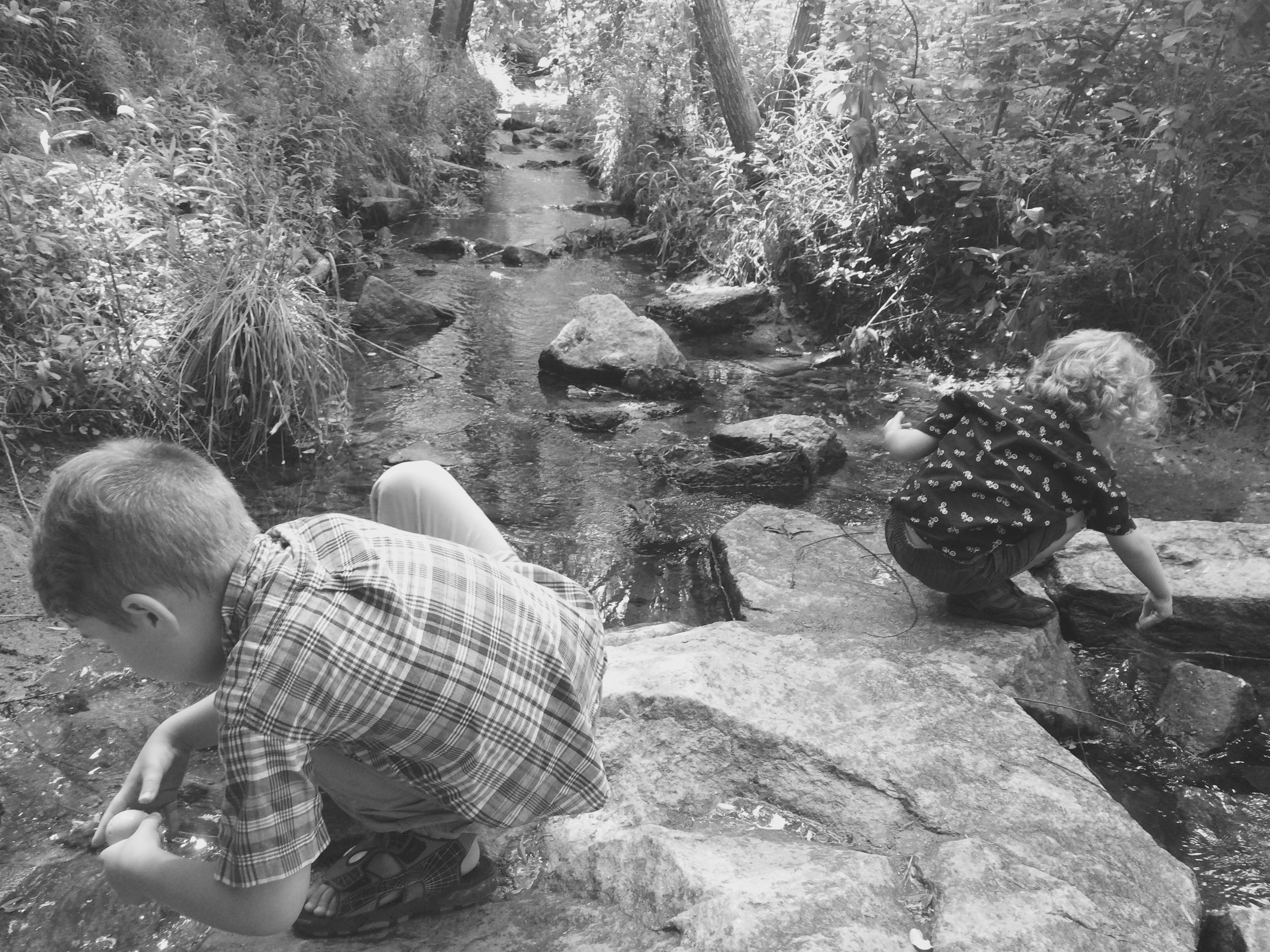
Someone recently asked me, “Why on earth are you still going to church? You, of all people?”
They were referring to my indigenous ancestors, to things like colonialism, genocide, enslavement, and violent conversions that were all practiced toward native peoples throughout the history of many parts of the world.
They were referring to things like the Doctrine of Discovery, which gave Europeans, in the name of Jesus, the ability to take and claim whatever lands they “discovered” once they landed here, despite those who had already discovered and inhabited them.
So many horrible things done, all in the name of Jesus.
I think about that question often, especially when I’m sitting in my own home, studying from the encyclopedia of Native Americans that sits on the living room table.
There, when I’m hurting, when I recognize that whatever I think indigenous peoples have gone through, it’s much worse– when I’m staring THAT in the face, I ask why I’m still here, too.
And this is only my story and experience. I grew up in the church, and yet in my transformation, I remain “churched.”
But many with stories like and unlike mine, many for whom the church is the thing that caused so much pain, they leave and never return.
And for those of use who are still here, we’re asking what’s next, how the church should and is expected to love better in the future. We walk a thin line of seeing who the church was and is, while holding a dream of who she could be.
The ones who leave, often because of abuse caused by the church, seek God outside the institution, or maybe forsake the faith altogether.
But here’s the thing about humanity, God in our midst. The ones still within and the ones without, we have more in common than you might think.
We still have Jesus in common.
Sometimes when we talk about how difficult church life can be, we say, “It’s a good thing we all have Jesus in common, despite our differences.”
I’d argue that this isn’t true only in the church context, friends. I share my story with people who call themselves atheists, and sometimes they say, “Yes. I see that in humanity, too. I recognize your story and experience in my own.”
Is it that we are finding some sort of common grounded good among us? You could call it that.
I’d actually call it Jesus.
I’d call it the ground floor, the place we begin, the very beginning of Jesus laid out before us.

I believe we need the church. We need the love of church and the dedication to it, and I believe that there are churches that exist today who live and breathe the love of Jesus. To those churches, I say, hold steady.
But at the end of the day, if a world of people have had some sort of experience in which they felt abused by a godless church, there must be something else to care for them outside the church’s walls or safe bubble or small group.
And sometimes the church responds, “Well, we must take Jesus to them,” as if we are the ones who hold Jesus.
No, dear friends. Jesus is the one holding us, and his presence often chooses the most vulnerable among us. In the case of this world, this nation, this history– those people are often outside the church. So we simply live into a life that honors them, that rests with them, that values them.
If the church does not accept those in their mental health struggles, skin color, sexuality, or cultural understandings that differ from the wider church institution, Jesus must be found in other ways.
So if we claim Jesus as our common ground inside our church walls, we claim Jesus as our common ground outside them, too.
Why haven’t I given up on the church yet?
Why am I still going?
Why am I leading worship every Sunday with people I both agree and don’t agree with, whose ancestors could very well have wanted the worst for my ancestors?
Because Jesus.
My reality is rooted not only in the church, but in Jesus, which means Jesus comes and speaks, teaches and thrives in my everyday living.
It means that I don’t have to hold my identity solely in an institution that seems to be shifting, breaking, fighting, transforming.
And in the painful breaking, I must be tethered to Jesus, who, in my case, did not condemn native peoples- my ancestors- to reservations based on their skin and ways of worship. Jesus was in our midst, moving among us before the missionaries arrived. Jesus, the spirit of God, the one who meets us in our flesh– was already meeting with us, already speaking to us through a created world.
So I am tethered to the Jesus who does all those things the church wants to do but often gets wrong.
I am tethered to the Jesus who turns societies upside down and teaches us new lessons, or old ones we’d forgotten. I’m tethered to the storytelling Jesus, the parable speaking Jesus, who uses metaphor to teach us how to live holy lives.
I am tethered to the Jesus of the other, the tired, the broken, those that are afraid.
I am tethered to the Jesus who meets us at the table of communion and really means it when he says, “Come, drink and eat. All are welcome here.”
I am tethered to the Jesus of the world, the Jesus who inhabited and still inhabits creation, the Jesus who walks the wilderness with me and calls me, not just in a church context, but outside of it, too.
Jesus just may be the only thing we’ve got left.
And I’d say that’s absolutely enough of a foundation to build on.















